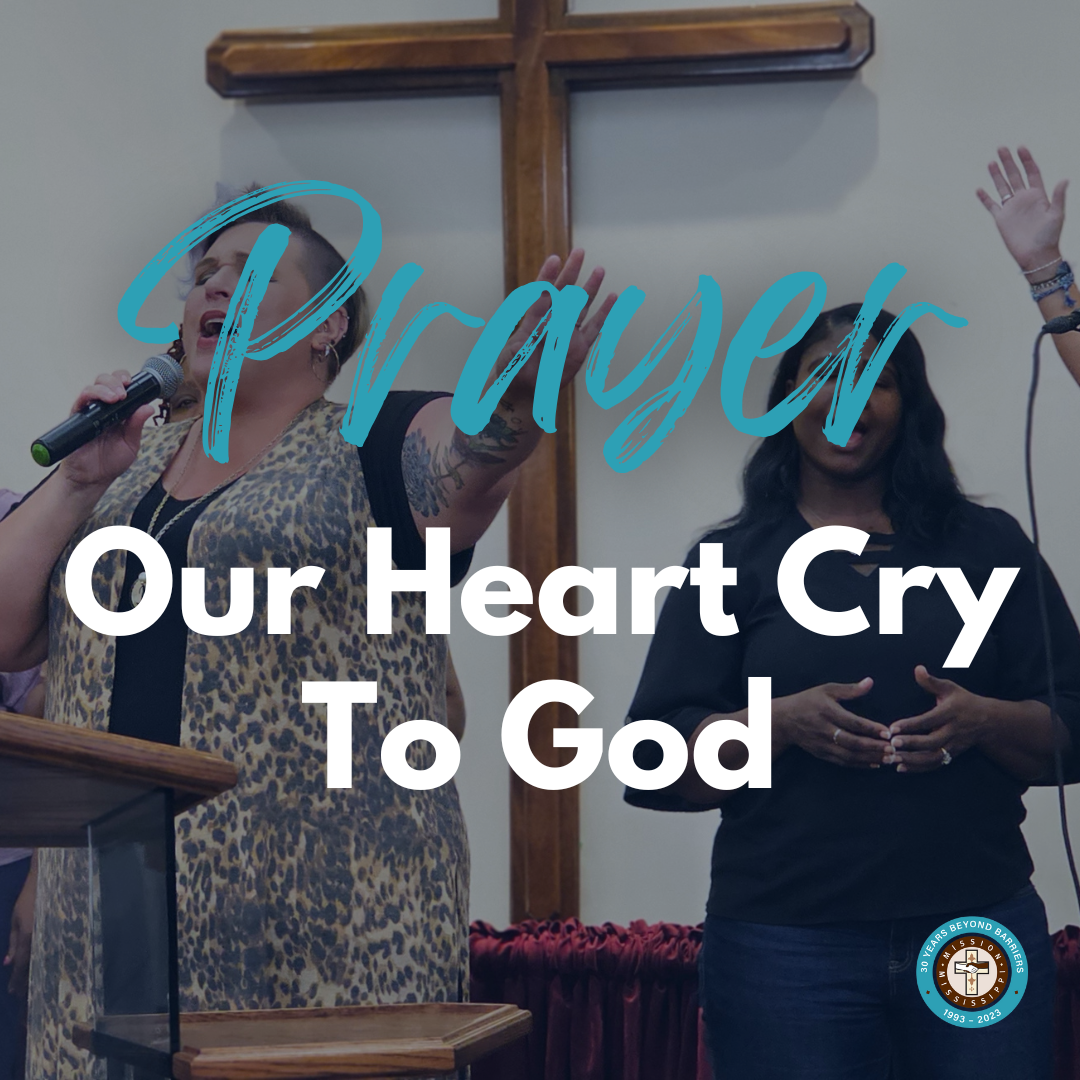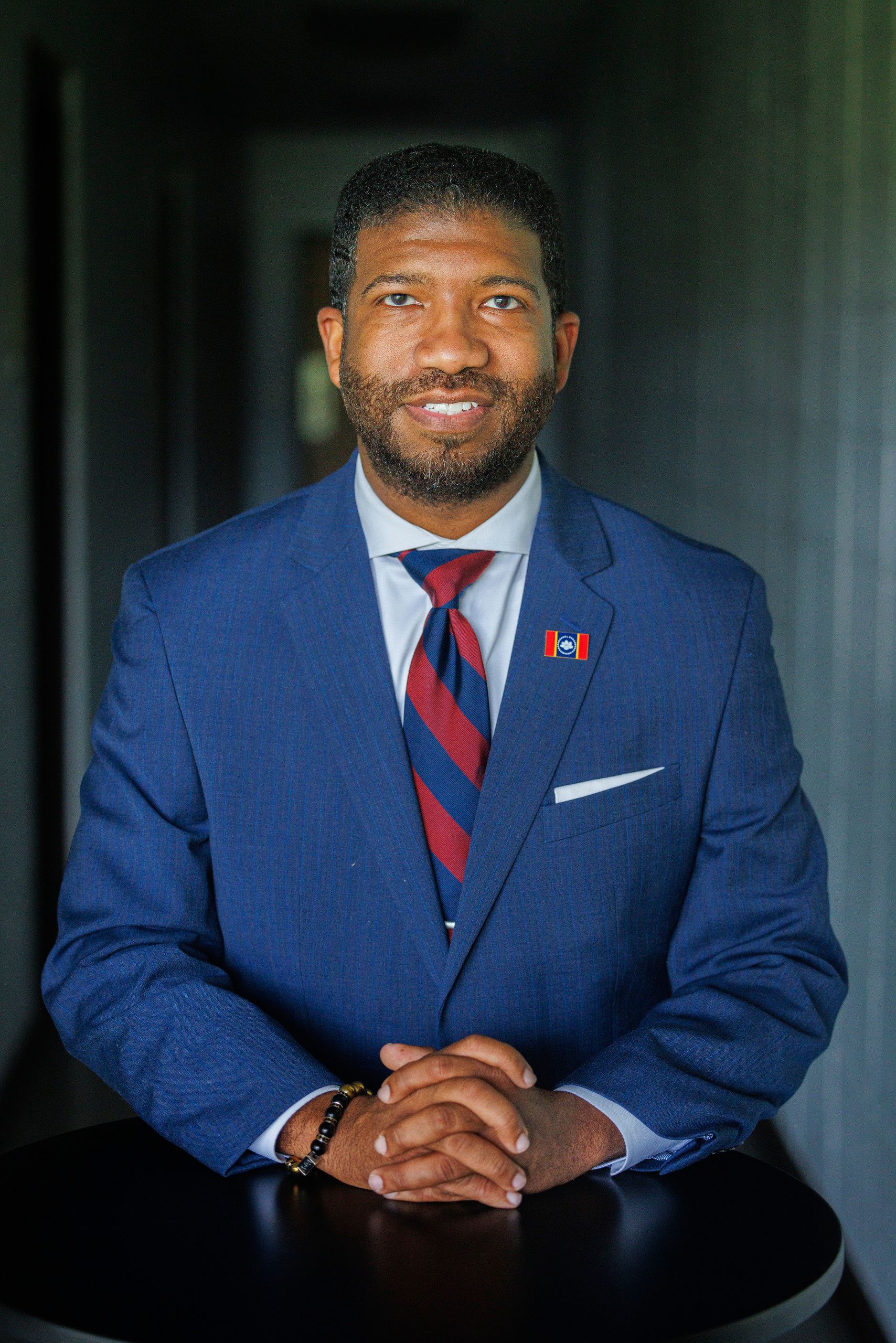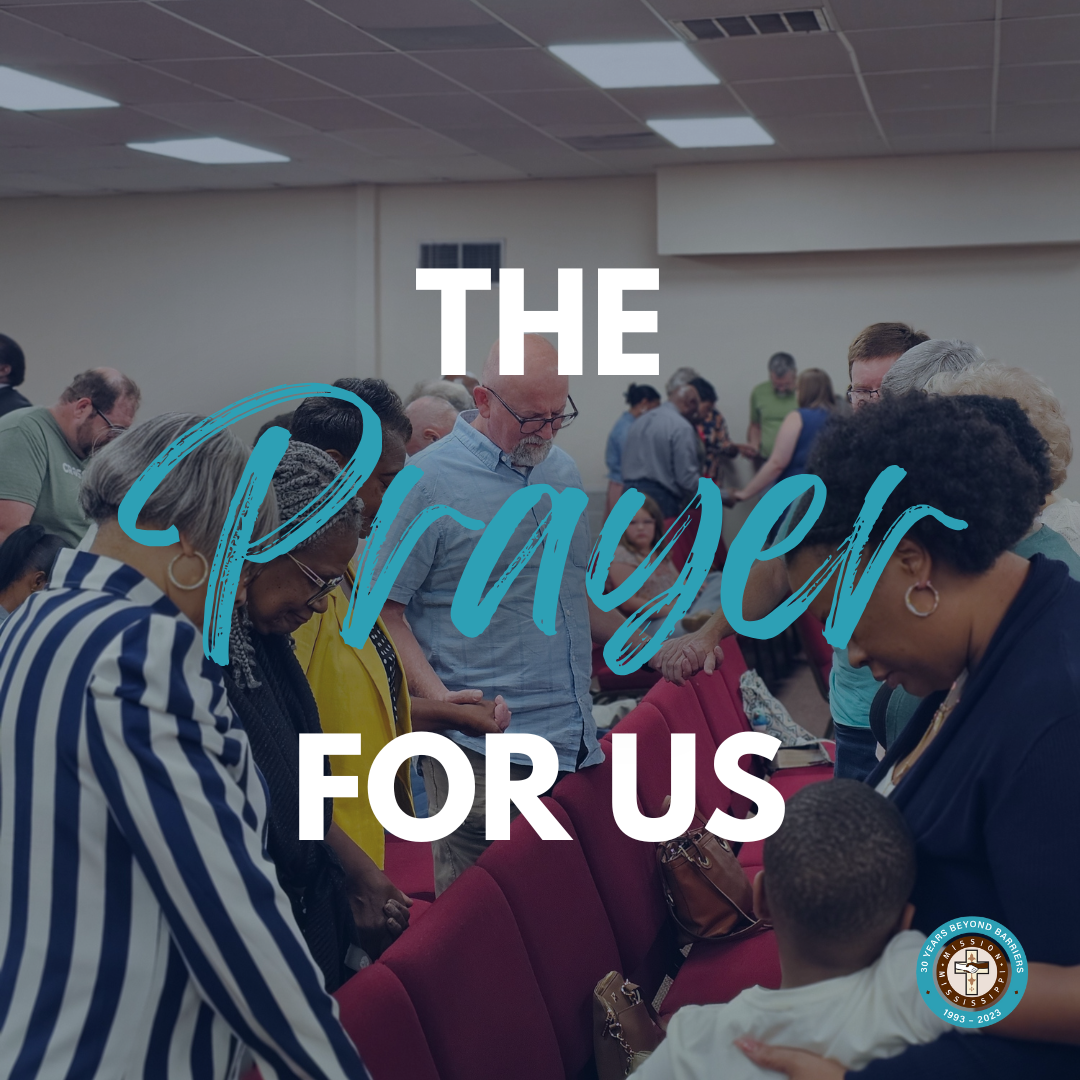Prayer: Our Heart Cry to God

The Spirit of Adoption in Prayer
Paul says in Romans 8:15–16, “You did not receive a spirit of slavery to fall back into fear, but you received the Spirit of adoption, by whom we cry, ‘Abba! Father!’ The Spirit himself testifies with our spirit that we are children of God.”
That’s one of the most freeing truths about prayer: it’s not a performance. It’s not about saying the right words in the right way. Prayer is simply the cry of our heart before God.
And those cries don’t all sound the same. Sometimes they’re heavy—full of fear, guilt, or grief. Other times they’re light—overflowing with joy and thanksgiving. But in both cases, it’s the Spirit at work, teaching us to say, “Abba, Father.”
From Fear to Confidence
Think about that word—Abba. It’s not formal. It’s not distant. It’s the word a child uses for their dad. It’s personal. It’s tender. It’s about belonging. And that’s what God invites us into when we pray—not because we’ve earned it, but because His Spirit makes it possible.
The truth is, we don’t always feel like God’s children. Sometimes we feel like outsiders. Sometimes fear or shame makes us wonder if God even wants to hear us. Paul calls that the “spirit of bondage leading to fear.” And if we’re honest, we all know what that feels like.
Maybe you’ve prayed before and thought, “Why would God listen to me? I don’t have the right words. I’m too broken.” But Scripture says—even those raw, stumbling cries count as prayer. In fact, they’re often signs that the Spirit is already drawing us closer to the Father.
And then, there are moments when something shifts. The Spirit reminds us: You really are God’s beloved child. And suddenly prayer feels different. It’s freer, more confident. Instead of whispering, “Lord, don’t reject me,” we find ourselves saying, “Father, thank You that I belong to You.” That’s the Spirit of adoption at work.
The Power of Praying Together
So here’s the point: whether your prayer feels weak and fearful, or bold and joyful—both are real. Both are holy. Both bring you before the Father who loves you.
And when we pray together, that truth becomes even more powerful. We don’t all come with the same story. Some of us are carrying wounds no one else sees. Some of us are bursting with joy. Some of us are carrying both at once. And all of that belongs in prayer.
Because in prayer, your cry can lift my faith. My thanksgiving can strengthen your weary heart. My plea for mercy can remind you of God’s grace. And together, those prayers weave into one chorus before our Father.
That’s why Paul says “our Father”—not just my Father. Prayer is never just me and God in a bubble. It’s always part of something bigger: the family of God. And families aren’t perfect. They carry differences and hurts. But what holds God’s family together isn’t sameness—it’s the Father’s love.
Rooted in Prayer, Growing in Oneness
The Psalms show us this. In Psalm 51, David prays out of desperation: “Have mercy on me, O God.” In Psalm 103, he prays out of joy: “Bless the Lord, O my soul.” Both are prayer. Both are real. Both come from the same lips. And sometimes, they come in the same breath.
So what does this mean for us? It means when you feel fear—pray. Don’t wait until it’s gone. When you feel joy—pray. Share it. And when you hear someone else’s cry—whether it’s pain or praise—you don’t have to fix it. You don’t have to judge it. Just join it. Because we share the same Father, and His Spirit teaches us all how to pray.
This is why prayer isn’t just important for our personal walk—it’s essential for our life together. We can try to build unity through plans and programs, but real unity only lasts when it’s rooted in prayer. Because prayer is where God shapes us, heals us, humbles us, and reminds us: we belong to Him, and we belong to one another.



